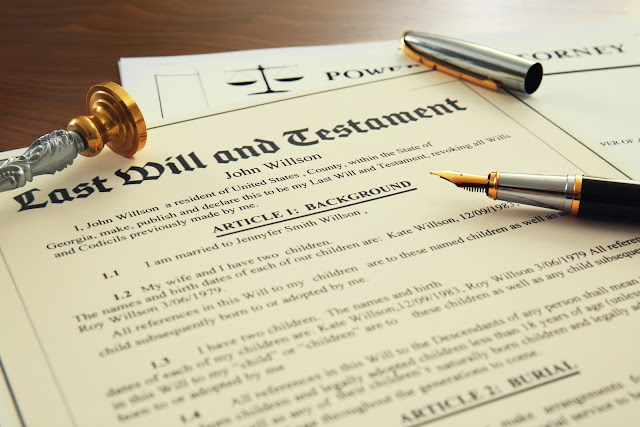A very important step in creating your estate plan is hiring the estate planning attorney who will work with you. Estate planning is much more complex than simply drawing-up a Will, so you want to be sure you have the help of an attorney experienced in managing more complex estates. As you create the plan, you are likely to confront personal issues, so it’s equally important to have a positive personal rapport with your
estate attorney.
Here are some questions to help you sort-out estate planning attorneys:
How much estate planning do you do?
You want to hear that the attorney does a lot of estate planning work because it means the attorney is up-to-date on laws and regulations in this complex area of law.
How long have you practiced this specialty?
An experienced estate planning lawyer will be able to provide strategic guidance for the benefit of you and your heirs. He or she also will have experience with difficult challenges presented by the courts or the IRS.
Who executes the plan?
Attorneys who specialize in Wills will tell you not all estate planning attorneys execute the plans they create. It’s best to have an attorney who will create and execute the plan so you can feel assured your wishes will be realized.
How often do you recommend periodic plan reviews?
There are a number of mistakes that can happen long after a plan is created just because life “happened,” and the owner of the estate did not update the plan. There are cases where an ex-spouse has inherited because the current spouse wasn’t made a beneficiary or a child is unintentionally disinherited because he or she was born years after the plan was created. It’s important for your lawyer to call you in for periodic reviews as well as after you experience any major life event.
Flat fee or hourly billing?
Find out how your estate planning attorney will charge. Sometimes attorneys charge both ways, such as a flat rate for some services, and an hourly rate for other tasks. Inquiring about costs ahead of time can prevent unpleasant surprises.
What is your view on trusts?
Some attorneys recommend a
revocable trust to nearly every client, and this type of trust does avoid the probate process according to most
probate lawyers. However, this type of trust may not be right for you, as it does not avoid inheritance or income taxes.
How do you prepare clients for health issues that may arise years down the line?
Longer life expectancy means we all must prepare for disability and dementia. Make sure your attorney will help you to complete powers of attorney and
health care directives.
Along with assessing whether your estate planning attorney has the right credentials and experience, it is important to gauge how well you connect with him or her as a person. You should ask yourself these questions about each attorney-candidate:
● How comfortable do you feel talking with this attorney?
● Does it seem like the attorney communicates clearly?
● Do you feel a rapport that would allow you to discuss personal and emotional issues?
Hiring the right estate planning attorney for you is critical to the success of your plan. Reach-out as soon as possible to meet with qualified estate planning
attorneys in your community.








